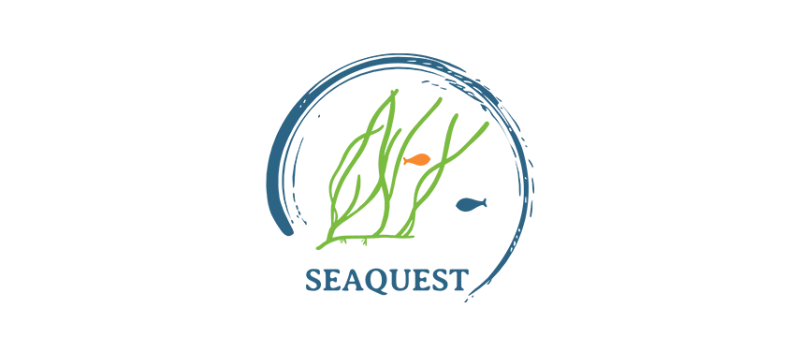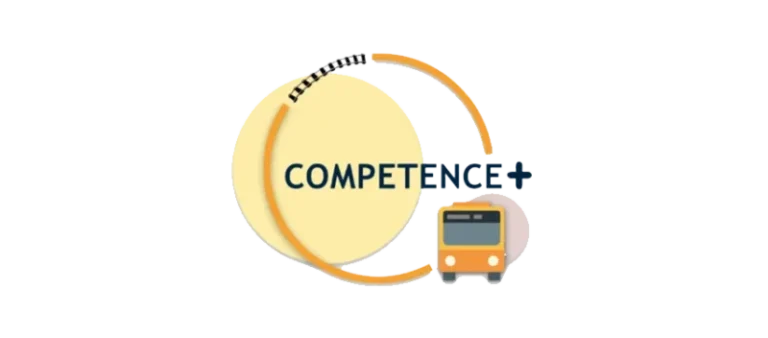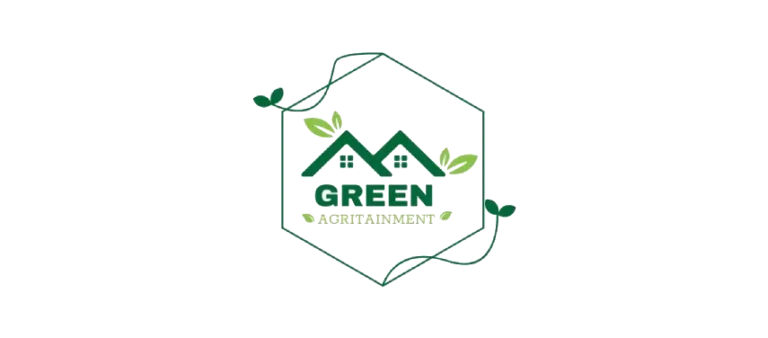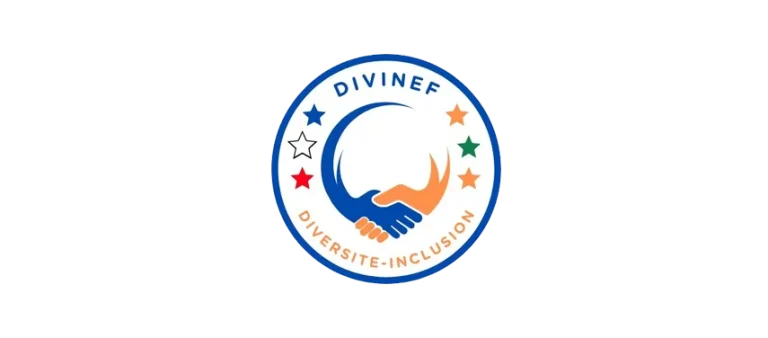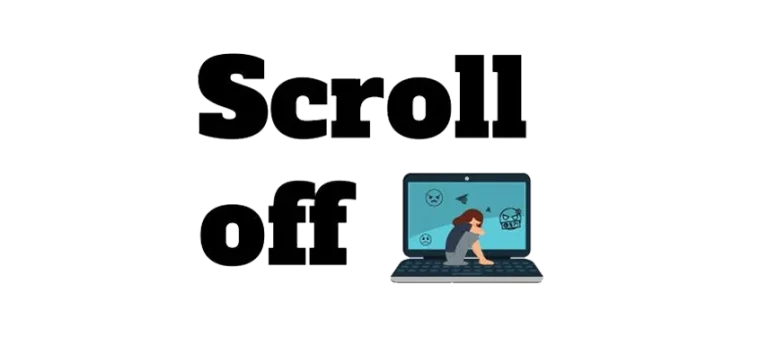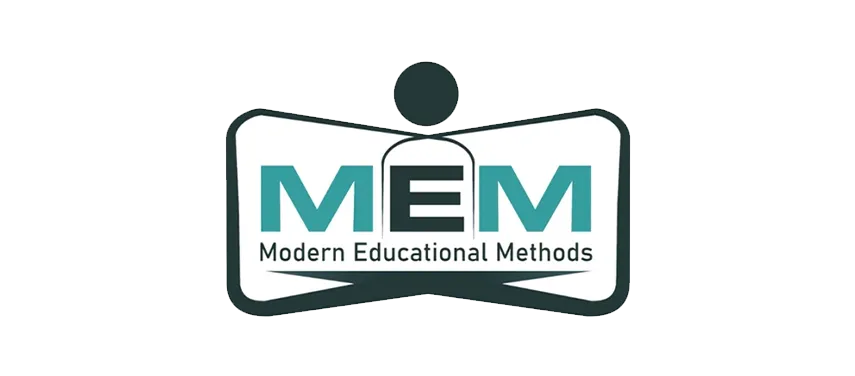
Modern Educational Methods
Nowadays, the digital advancement has lead into a new era, where low-skilled adults tend to be left behind, or fall into technological “traps” younger generations born “entwined” with technology can easily avoid. Digital illiteracy raises other obstacles to adults, be they in their everyday life or their work and social environment.
Moreover, it is commonly acknowledged that adults tend to shun the educational process as it is a common belief that the time for “attending school” has long passed, and a significant number of those who take the first steps towards enhancing their skillset via education drop out early for various reasons, including lack of motivation, skills difficulties and false expectations on the course (DIDO 2017 results). All the while, the amount of advertisements and newsfeeds is unprecedented and critical thinking is commonly acknowledged as one of the necessary skills of the 21st century.
Adult Trainers and Adult Education Stakeholders are in a constant battle to attract adults and combat the skills gap between generations. While there is a plethora of potential attracting solutions, such as portraying market needs and displaying the benefits of gaining skills necessary to the labor market and the 21st century daily life, Adult Trainers and Stakeholders also face the need to keep the trainees’ interest peaked throughout the learning process, in order to maintain the group’s focus and increase absorption of information during the session.
It is also commonly accepted that the traditional teaching methods and student-teacher relationship is not as effective as it used to be prior to the age of technology, and students (especially adults) quickly lose interest in sessions being held under that learning model. Thus, it is imperative for the Adult Education process to be conducted in modern and innovative ways, using modern techniques which include more critical thinking and understanding over memorizing and assimilating information, and which take advantage of the technology at hand.
The objective of this project is to conduct a series of Training Activities, where the involved institutes will be able to share the educational methods/tools they use with one another, and be able to locate the differences and benefits of integrating each methodology/tool in their own processes.
The partners will each task 3 adult trainers related to their institutions to attend the LTTAs, and understand/discuss the processes suggested by the host partner organizations, such as:
- Game Based Learning (5-day activity)
- Critical Thinking and Information Filtering (5-day activity)
- Augmented Reality in the Classroom (5-day activity)
The target groups regarding this project are: Adult Education Trainers, who will be able to share experiences and upgrade their skillset, Adult Education Stakeholders who will benefit from the enhanced skillset of the Trainers, and finally Adults wanting to learn and catch up to 21st century skills.
| Organization Name | Country |
|---|---|
| MPIRMPAKOS D. & SIA O.E. | GREECE |
| COMPARATIVE RESEARCH NETWORK EV | GERMANY |
| YOUTH EUROPE SERVICE | ITALY |
| STANDO | CYPRUS |
| AYDIN EGITIM,KULTUR VE SANAT DERNEGI | TURKEY |
Disclaimer: This project has been funded with support from the European Commission. This publication reflects the views only of the author, and the Commission cannot be held responsible for any use which may be made of the information contained here.

